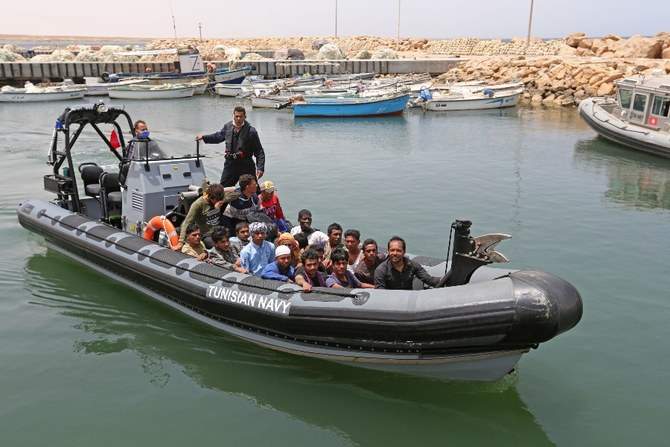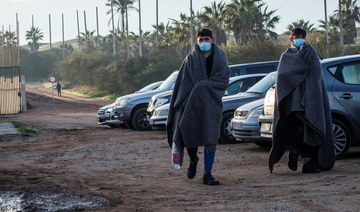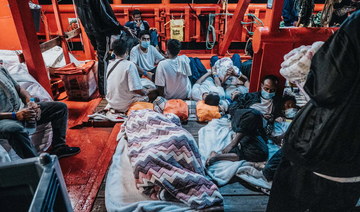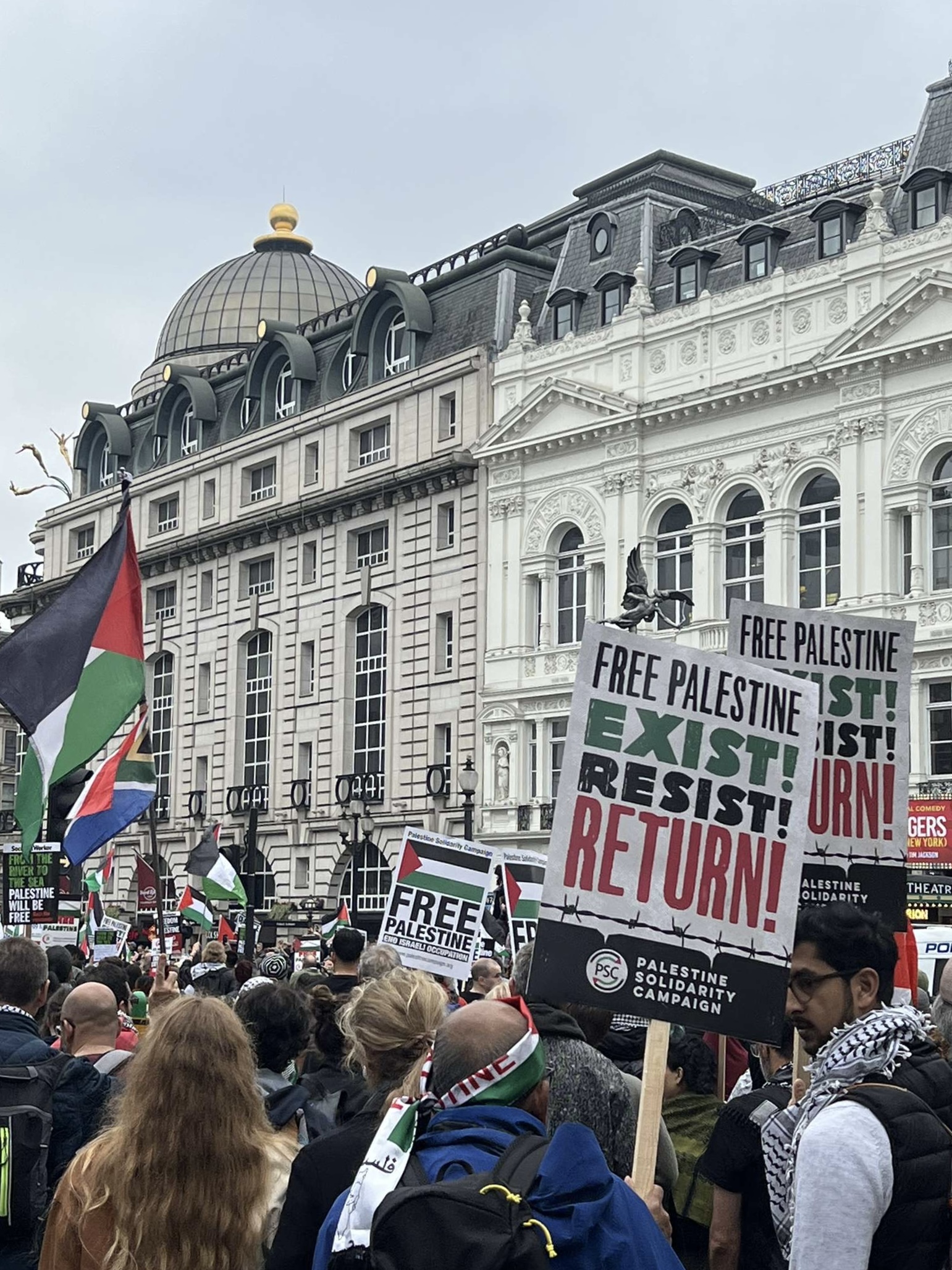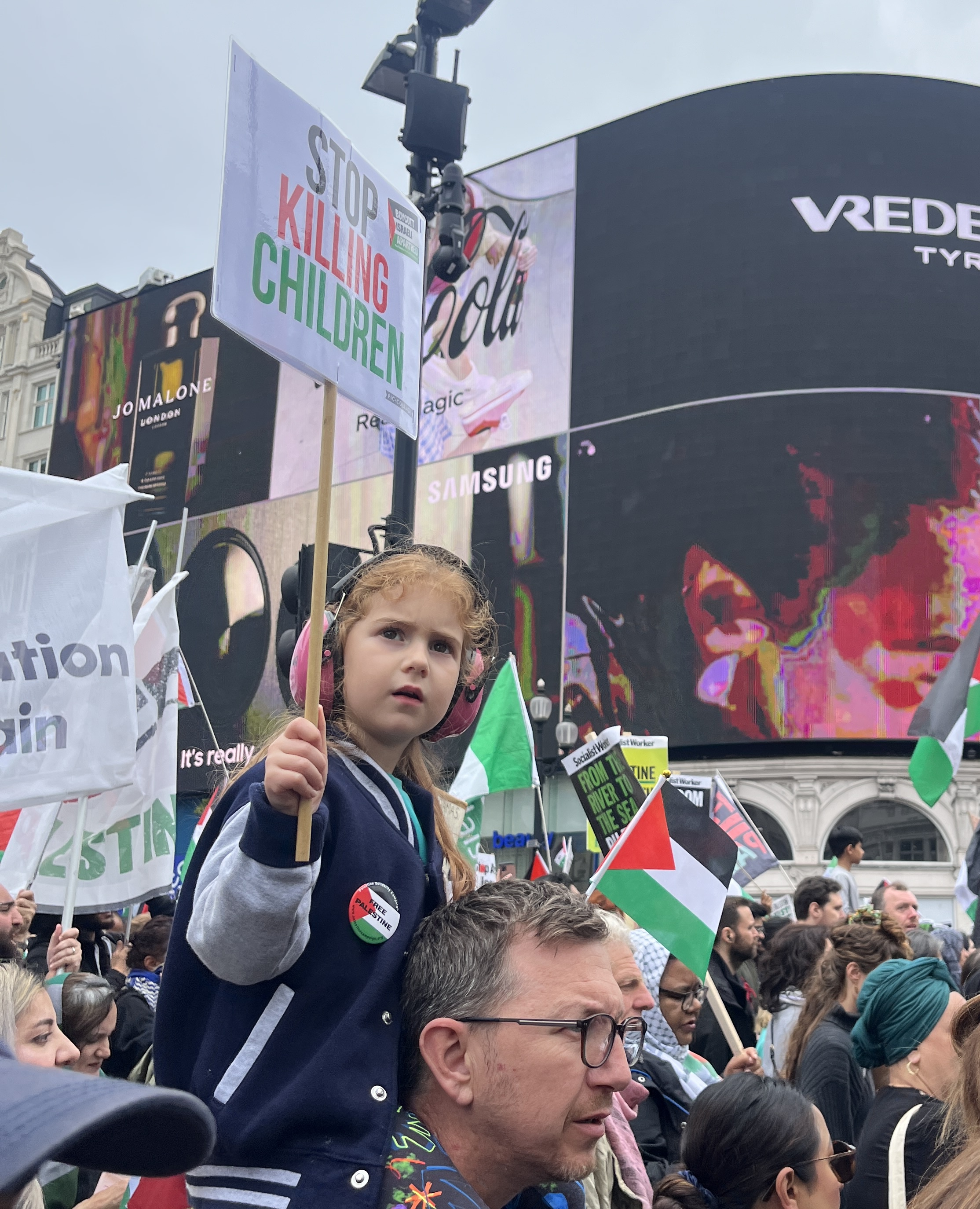ROME: The number of migrants and refugees who died on dangerous sea routes to reach Europe from the shores of North Africa has more than doubled so far this year compared to the same period in 2020.
According to a new report from UN agency the International Organization for Migration (IOM), at least 1,146 people lost their lives this year between January and June.
The number of people traveling on sea routes to Europe also increased by 56 percent, while 513 deaths were reported in the first six months of 2020 and 674 in 2019.
The deadliest shipwreck so far this year took place on April 22 off Libya, when 130 people drowned despite sending multiple distress calls.
The Central Mediterranean route between Libya and Italy was the deadliest, claiming 741 lives so far this year.
However, the report stresses that the actual number of deaths on sea routes to Europe may be far higher, as many shipwrecks go unreported, and others are hard to verify.
At least 250 people died in the stretch of the Atlantic Ocean between West Africa and Spain’s Canary Islands, 149 on the Western Mediterranean route to Spain and six on the Eastern Mediterranean route to Greece.
“These people cannot be abandoned on such a dangerous journey. Somebody has to stop this massacre,” Mayor of Lampedusa Salvatore Martello told Arab News.
On Tuesday, seven different boats carrying a total of 104 Tunisian migrants arrived on the southernmost island of Italy, which is considered the first landing point for those who aim to reach Europe from Africa.
“We cannot count the arrivals anymore, as they come on dinghies, boats and rafts. Those who make it can call themselves lucky because at least they are safe here. The IOM numbers confirm to us all that we are witnessing a daily massacre. We urge everyone to act and to act now. In Lampedusa, we do what we can, as we have done for years since the arrival of migrants started. But now, we must be aware that this is a tragedy. Whoever does not do everything he can, from politicians to institutions in the EU and in Africa, is an accomplice to this massacre,” Martello added.
He said that there are currently 750 people at the island’s migrant hotspot, which has a capacity of 250.
“Every day, hundreds of migrants are moved to the mainland on ferries, but it is like trying to empty the sea with a bucket. If some real action is not taken, the numbers will get worse and worse,” Martello said.
The UN agency repeated its call to member states to honor their international obligations. “It is urgent to expand rescue efforts and establish predictable disembarkation mechanisms, as well as guarantee access to safe and legal migration,” said IOM Director General Antonio Vitorino.
According to the IOM report, more than 15,300 migrants were repatriated to Libya in the first six months of 2021 — almost three times as much as in the same period of 2020 (5,476).
The IOM defines this situation as “worrying,” as migrants who are brought back to war-torn Libya are subject to arbitrary detention, extortion, disappearances and acts of torture.
There has been a general increase in maritime operations by North African states along the Central Mediterranean route for the second consecutive year. Tunisia increased such operations by 90 percent in the first six months of 2021.



